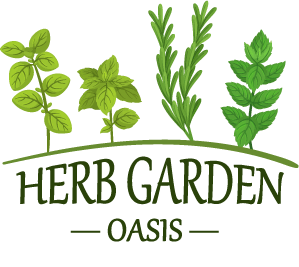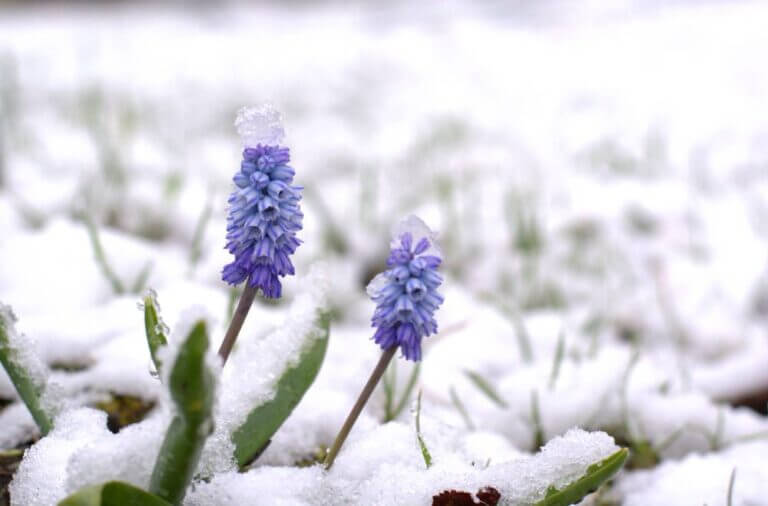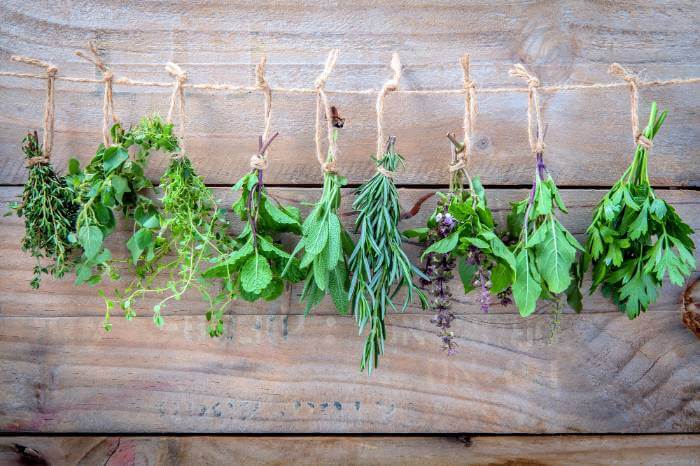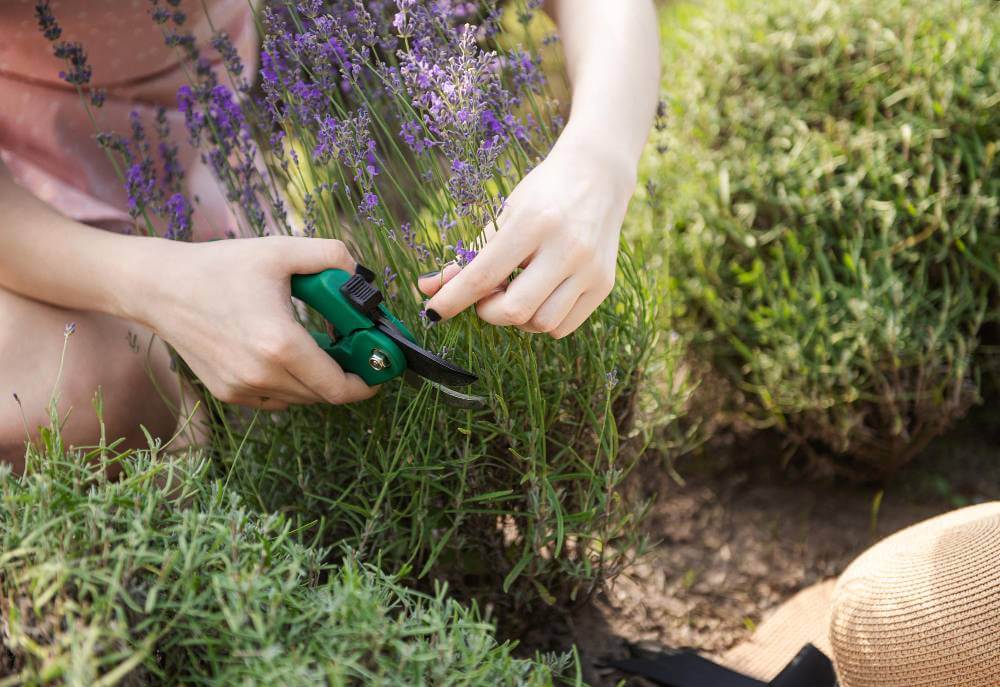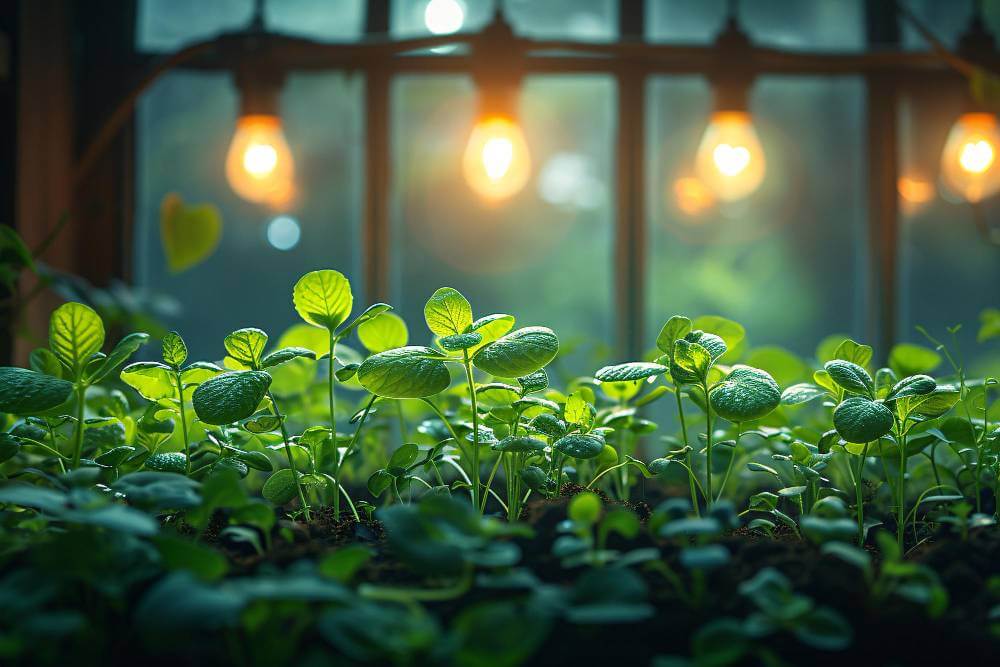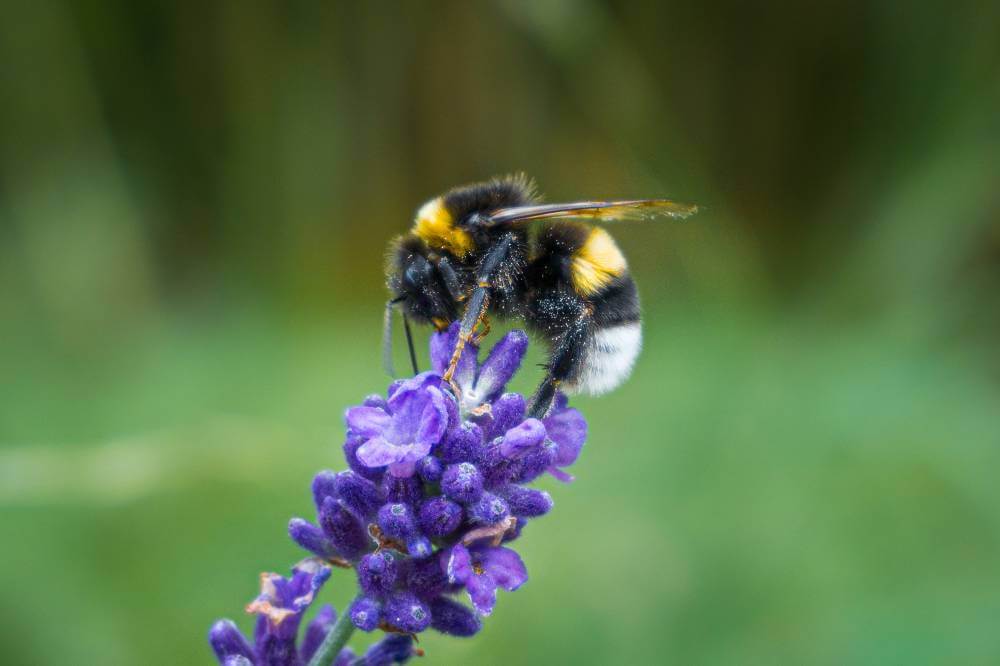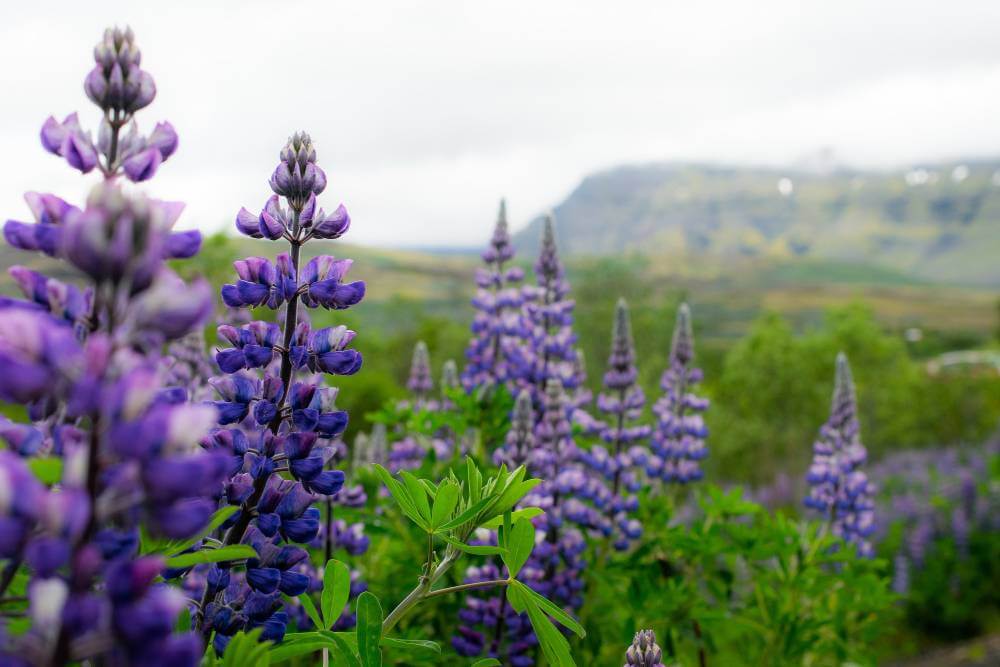As the vibrant colors of autumn begin to fade and the temperature starts to drop, it’s time to shift our focus to preparing our beloved herb garden for the winter ahead. With a bit of care and attention now, we can ensure that our herbs not only survive but thrive during the colder months. Join me on this journey as we dive into the ins and outs of winterizing your herb garden.
Assessing Herb Health: The First Step
Before diving into winter preparations, it’s crucial to assess the current state of your herb garden. Take a leisurely stroll through your garden beds, paying close attention to the condition of your herbs. Look for any signs of disease, pests, or nutrient deficiencies. Addressing these issues now will set the stage for a successful winter season.
Once you’ve identified any areas of concern, it’s time to take action. Remove any dead or diseased plant material, being careful to dispose of it properly to prevent the spread of pathogens. Trim back any overgrown or straggly herbs, promoting healthy growth and airflow within the garden bed.
Fortifying Your Garden: Protection Against the Elements
With the colder temperatures looming, it’s essential to provide our herbs with some extra protection against the harsh winter weather. Consider investing in some frost covers or row covers to shield delicate herbs from freezing temperatures and icy winds. These simple yet effective barriers can make all the difference in ensuring your herbs make it through the winter unscathed.
In addition to physical barriers, mulching can also be a lifesaver for your herb garden during the winter months. A thick layer of mulch helps to insulate the soil, keeping it warmer and preventing frost heave. Plus, it helps to retain moisture, reducing the need for frequent watering during the drier winter months. Opt for organic mulches like straw, leaves, or compost for best results.
Hydration Station: Herb Care During Winter
While it may be tempting to scale back on watering during the winter months, proper hydration is still essential for the health of your herbs. Even though they may not be actively growing, they still need moisture to survive. However, be mindful not to overwater, as soggy soil can lead to root rot and other issues.
One handy trick is to water your herbs in the morning, allowing any excess moisture to evaporate during the day. This helps to prevent fungal diseases and keeps your herbs happy and hydrated. If you’re dealing with particularly dry conditions, consider investing in a soaker hose or drip irrigation system to ensure consistent moisture levels.
Nurturing Nature: Herb Maintenance Tips
As winter sets in, our herb garden may start to look a bit sparse compared to its summertime glory. But fear not, for this is the perfect opportunity to tackle some much-needed maintenance tasks. Take advantage of the quieter winter months to prune back any woody herbs or shape unruly growth.
Additionally, consider replenishing your herb garden with some cold-hardy varieties that can withstand the chillier temperatures. Herbs like rosemary, thyme, and sage are excellent choices for winter gardening, adding both beauty and flavor to your garden beds.
Pest Prevention: Keeping Critters at Bay
During the winter months, pests may not be as active, but certain critters like rodents can still pose a threat to your indoor or outdoor herb garden. Implementing effective pest prevention strategies is essential for safeguarding your herbs. Consider installing barriers like wire mesh or using natural repellents such as garlic spray to deter unwanted visitors. Regularly inspect your garden for signs of pest activity and take prompt action to keep your herbs safe and pest-free.
Disease Management: Warding Off Winter Illnesses
Winter weather can create favorable conditions for certain plant diseases, such as fungal infections or rot, posing a risk to your herb garden’s health. Implementing proper disease management practices is crucial for maintaining the vitality of your herbs. Ensure adequate air circulation by spacing plants appropriately and pruning away any diseased or dead foliage. Practice good sanitation by removing fallen leaves and debris to prevent the spread of pathogens. By staying vigilant and proactive, you can effectively manage common winter diseases and keep your herbs thriving.
Soil Health: Nourishing Your Garden Beds
Cold temperatures and winter precipitation can take a toll on soil health, impacting its structure and nutrient levels. Maintaining soil health during the winter months is vital for supporting the growth of your herb garden. Consider adding compost or organic matter to improve soil structure and fertility. Cover cropping with nitrogen-fixing plants can help replenish nutrients and prevent erosion. Regularly test your soil’s pH and nutrient levels to ensure optimal growing conditions for your herbs. By investing in soil health now, you’ll lay the foundation for a bountiful herb garden come springtime.
Container Gardening Considerations: Winterizing Your Potted Herbs
If you’re growing herbs in containers, there are unique considerations to keep in mind when preparing for winter. Insulating your containers with bubble wrap or foam can help protect roots from freezing temperatures. Consider moving potted herbs to a sheltered location or grouping them together for added protection from the cold. Adjust watering schedules to account for reduced evaporation rates and ensure proper drainage to prevent waterlogging. By taking proactive steps to winterize your container garden, you can help your herbs weather the winter months successfully.
Seasonal Harvesting: Maximizing Winter Yields
While many herbs may go dormant during the winter, some varieties can still be harvested for culinary or medicinal purposes. Knowing which herbs to harvest and how to do so without harming the plants is essential for maximizing winter yields. Hardy herbs like rosemary, thyme, and sage can be harvested throughout the winter months, providing fresh flavors to enhance your dishes. Use sharp, clean pruners to make clean cuts and avoid damaging the plants. Harvest sparingly, leaving enough foliage for the herbs to continue growing and replenishing throughout the season. With careful harvesting practices, you can enjoy a continuous supply of fresh herbs straight from your winter garden.
Caring for Your Indoor Herb Garden During Winter
For those of us who cultivate herbs indoors, winter is a time to ensure our indoor garden continues to thrive. Whether you have a sunny windowsill or invest in grow lights, nurturing your indoor herb garden during the winter months allows you to enjoy fresh herbs year-round. With proper care and attention, indoor herb cultivation can flourish even when the weather outside is frightful.
Start by selecting a suitable location for your indoor herb garden – one that receives plenty of sunlight or supplemental grow lights. Herbs like basil, parsley, and chives thrive in sunny conditions, so be sure to provide them with the light they need to flourish.
Next, pay attention to watering and humidity levels. Indoor environments tend to be drier than outdoor spaces, so be mindful of your herbs’ moisture needs. Water them when the top inch of soil feels dry to the touch, being careful not to overwater. To increase humidity around your herbs, consider placing a tray of water or a humidifier nearby.
Lastly, keep an eye out for pests and diseases, which can still be a concern indoors. Inspect your herbs regularly for any signs of infestation or illness and take prompt action to address any issues that arise. With a little extra care and attention, your indoor herb garden can thrive throughout the winter and beyond, providing you with a fresh supply of herbs for all your culinary adventures.
Conclusion: Ready, Set, Winterize!
And there you have it, folks – a comprehensive guide to preparing your herb garden for the winter months ahead! By following these simple steps and showering your herbs with a little extra love and care, you can ensure they not only survive but thrive during the chilly season.
If you found this post helpful, be sure to check out my other articles on herb care and maintenance for year-round gardening success. Until next time, happy gardening!
